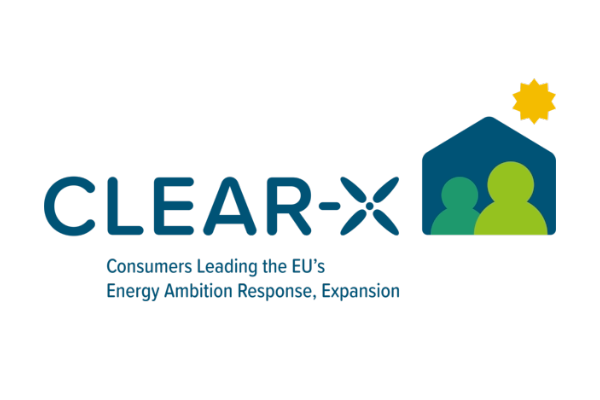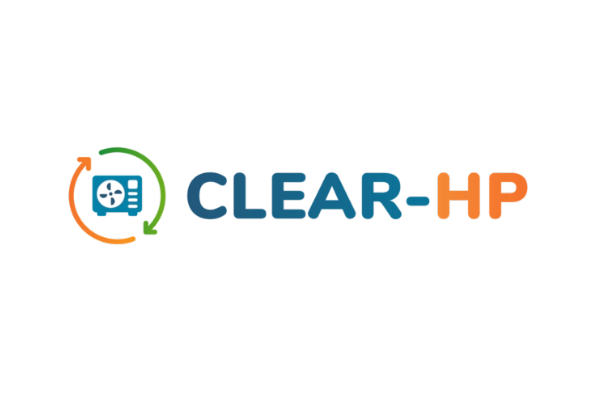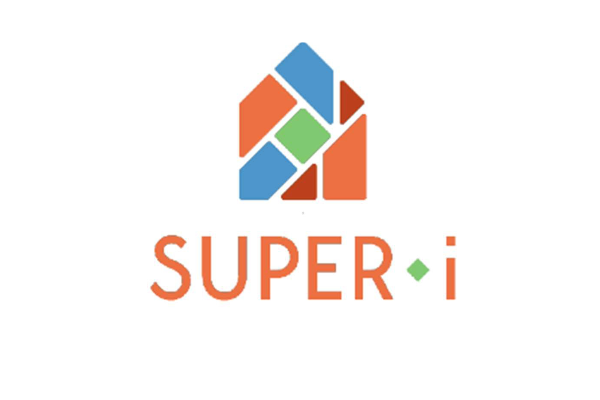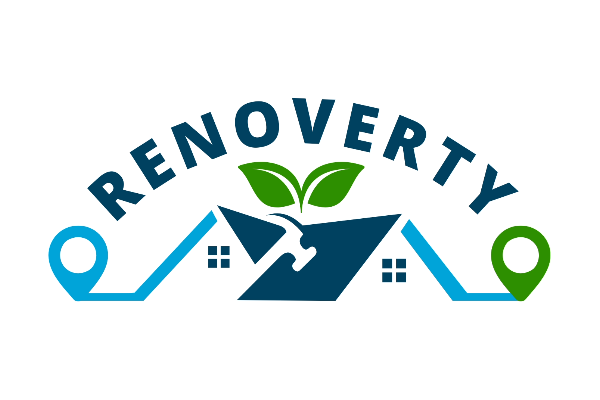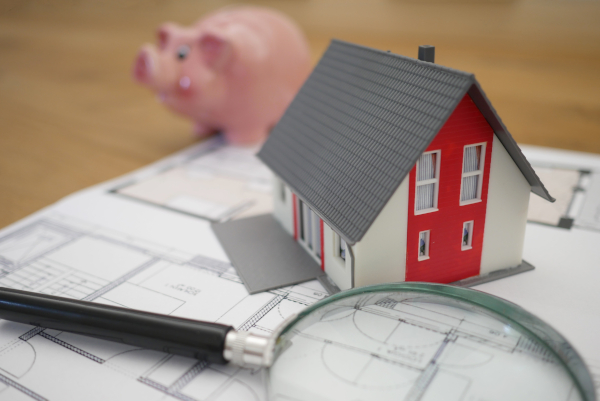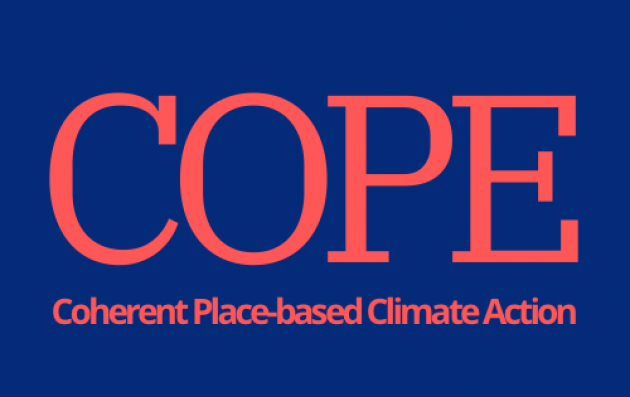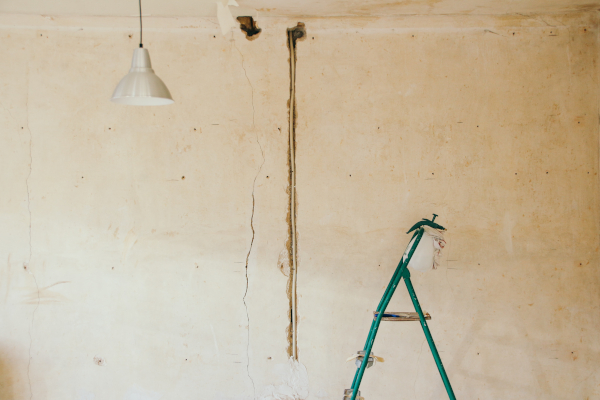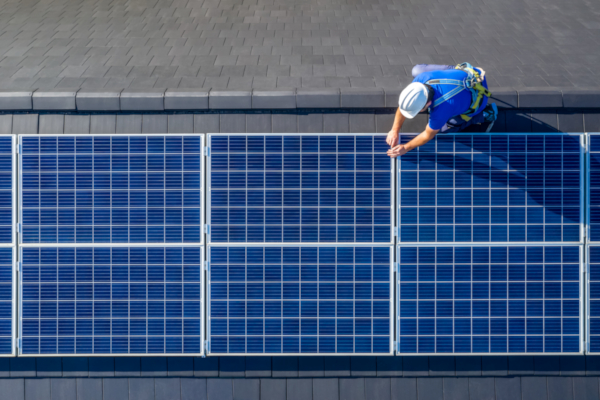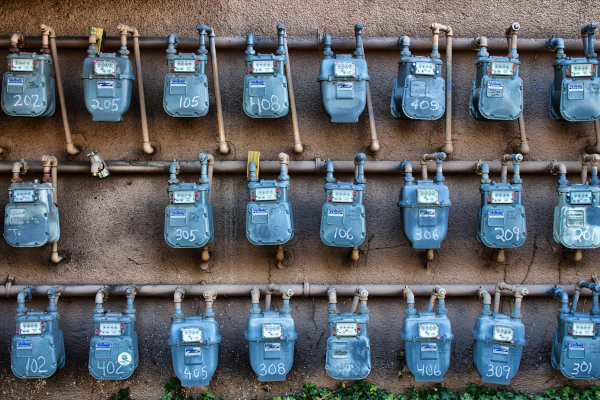Monitoring and Impact Assessment
REVERTER - Deep REnovation roadmaps to decrease households VulnERability To Energy poveRty
National projectREVERTER aims to decrease energy poverty in Europe by addressing the poor energy efficiency of dwellings of vulnerable households. 9 different roadmaps will be developed and tested by setting up a network of pilots and the roadmaps will target the worst performing homes first (“worst first” principle).
Explore more
Energia in Periferia (Energy in the suburbs)
National projectBanco dell'energia received funds from private donors with the aim to develop the project "Energy in the suburbs". Banco dell'energia identified non-profit organisations deeply rooted in the city of interest and able to take an active part in the project. Their role was to identify the beneficiaries (vulnerable families in energy poverty), to pay them energy bills through the funds received by Banco dell'energia and to do a timely report of payments. Moreover, the non-profit organisations carried out the activity of energy education and data collection.
Explore more
Healthy Homes Initiative
National projectThe Healthy Homes Initiative programme managers at the Ministry of Health are helped by other government agencies, or middle actors in the community to identify eligible families, with the aim to carry out a comprehensive housing assessment by certified Home Energy Performance Advisors, and devise individualised action plans to help create warmer, drier, healthier homes.
Explore more

New Zealand
Warm Up New Zealand: Healthy Homes

New Zealand
Warmer Kiwi Homes
STEP-IN
European projectThe project aimed to help energy poor homes reduce their energy bills and their environmental impact by better managing their consumption. This was through the method of living labs. Energy advisors met people at "energy cafés" or during home visits and followed their energy situation's evolution over time.
Explore more

Denmark
ECO2 Energy Conscious Consumers
MCPE - Mieux comprendre les situations de précarité énergétique pour mieux les traiter/ Better understand energy poverty situations to treat them better
National projectLes Compagnons Bâtisseurs (CBP) in the regional branch in Provence launched the project MCPE aiming to assist auto-renovations. Staff of CBP helped households with renovation but the project also developed households' awareness campaigns, sociotechnical diagnosis and provided advices.
Explore more
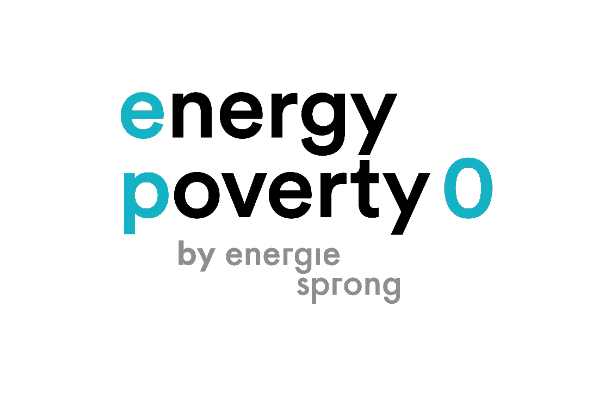
France
Life Energy Poverty 0 - EP0
Social project Alisée
National projectThe Alisée project aims to support initiatives to reduce energy vulnerability and inequalities through sustainable reponses coordinated with all actors involved to problems encountered by working on the building, equipment, users and occupants, and by working with the various social and technical partners in the territories. Networking aims to equip professionals and volunteers with tools and methods to support households in energy poverty. It relies on raising the awareness of partners on energy and water saving, on training, on individual or collective support for inhabitants, on networking actors to set up a monitoring and data sharing system.
Explore more

France
Life Energy Poverty 0 - EP0
Plateforme de lutte contre la précarité énergétique
National projectImplementation of One-stop shop to tackle energy poverty in the Grenoble metropolitan area. It aims to reduce consumption, find solutions to pay bills, increase income thanks to an identification by one of the partners, diagnosis, action plan examined by a multidisciplinary committee with adapted solutions.
Explore more

France
Life Energy Poverty 0 - EP0
Energy Performance Contracts
National projectIn precarious neighbourhoods of Mantes-la-Jolie (FR), privately co-owned properties tend to be excessively rundown. As a result, EPAMSA– a public development agency responsible for urban development and renovations in the Grand Paris region – successfully implemented Energy Performance Contracts to improve the energy efficiency of the buildings by specifically targeting private, precarious co-owned properties.
Explore more

France
Life Energy Poverty 0 - EP0
Face-to-Face Energy Visits
National projectFace-to-Face energy visits helped tackle energy poverty by visiting households living in poor conditions, providing them with advice or directing them to other help devices offering solutions tailored to their needs. The local energy and climate agency in Brest, Ener’gence, offered energy visits including technical and social support. The target group of the energy visits were inhabitants encountering difficulties in paying their energy bills or who struggled to keep their home adequately warm during winter. The activities of the energy-visits not only involved the visit itself, which lasted between 23 hours, but also included follow up support and assessment.
Explore more

France
Life Energy Poverty 0 - EP0
VHHP - Victorian Healthy Homes Program
National projectThe project delivered 1000 energy efficiency and thermal comfort upgrades to low-income householders with a social or health care need. It was designed as a randomised controlled trial, with homes upgraded either before winter (intervention group) or after winter (control group).
